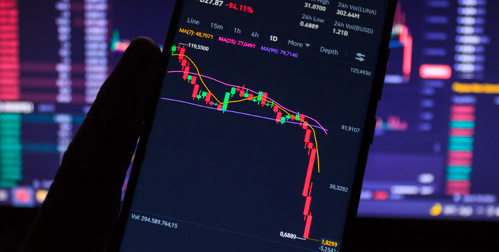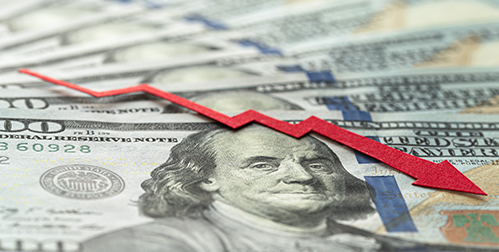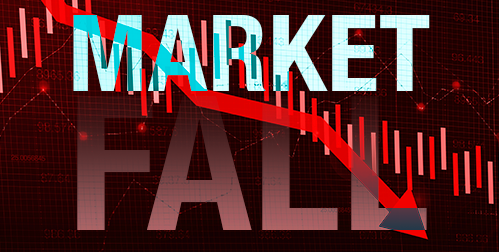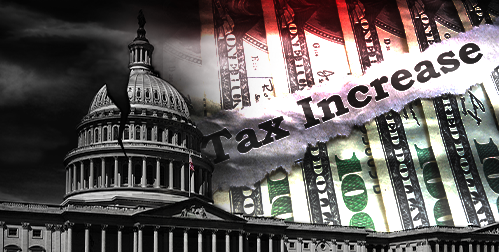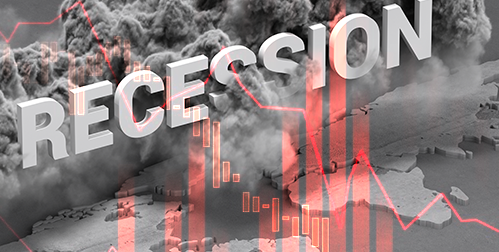- Analysts say lingering inflation and recession will send gold prices to record levels by the end of the decade
- Numerous global economic forces are sending investors looking for safe haven assets like gold
- In the near term, gold is forecast to break $2,000 an ounce
Gold Demand Will Send Prices to New Highs
Gold hit record highs this year. And according to recent reports, those records are set to be broken. Analysts say gold is on track to end the year above $2,000 an ounce. It could rise to nearly $5,000 an ounce by the end of the decade according to the “In Gold We Trust Report” from Incrementum AG. The nearly 400-page “In Gold We Trust report” is world-renowned. It has been dubbed the “gold standard of all gold studies” by the Wall Street Journal. 1
Inflation has already caused stocks to lose value. The Nasdaq has lost 25% of its value this year. The report presents the case that inflation and recession will power a gold bull market. Gold will be sought as a hedge against the losses caused by the two forces.
The report lays out the numerous challenges driving investors to the safe haven of gold. The report predicts inflation and recession will combine to create a period of extended stagflation. It said the ‘Everything Bubble’ will turn into the ‘Everything Crash’. Supply chain snags will continue to drive up prices. And the push for deglobalization will also fuel inflation.
Meanwhile, the Ukraine war will keep up pressure on oil and food prices. Rising interest rates and a collapsing housing market will grind economic growth to a halt. And a price-wage spiral, a cycle where an increase in one causes an increase in the other, has already begun.
Sanctions also powered the demand for gold. As countries fight and currencies are politicized, gold remains politically neutral, has no counterparty risk and is very liquid. Central banks are acquiring gold at a breakneck pace.
Overall, the bleak economic picture creates a good backdrop for gold. The diversification between stocks and bonds of traditional portfolios won’t be enough to stem losses. They will need gold as a hedge. Gold rises during both inflation and recession. In the last 90 years, there have been only four years when both US stocks and bonds posted negative annual performance. Currently, all indications are that 2022 could be the fifth year.2

Predicted Gold Prices
The “In Gold We Trust” report forecasts gold will hit $4,800 by 2030. Pierre Lassonde is an eminent mining expert and CEO of Firelight investments. His gold price predictions are even higher. Due to unstoppable inflation, he predicts gold will hit $2,200-$2,400 an ounce in the mid-term. In the long term, gold could go as high as $10,000 an ounce. He based this estimate on the Dow to Gold ratio. The Dow to Gold ratio indicates the number of ounces of gold it takes to buy the shares in the Dow Jones Industrial Average index. He said the Dow to Gold ratio could converge to 2:1. If the Dow Jones contracts 20-30%, which is possible in an extended recession, that would send gold to $10,000 an ounce. 3
Based on these forecasts, buying gold today could be a wealth generating investment. However, the demand for gold is ultimately derived from its safe haven qualities. If you are looking to preserve your wealth, then you should learn more about our Gold IRA. Contact us today.


